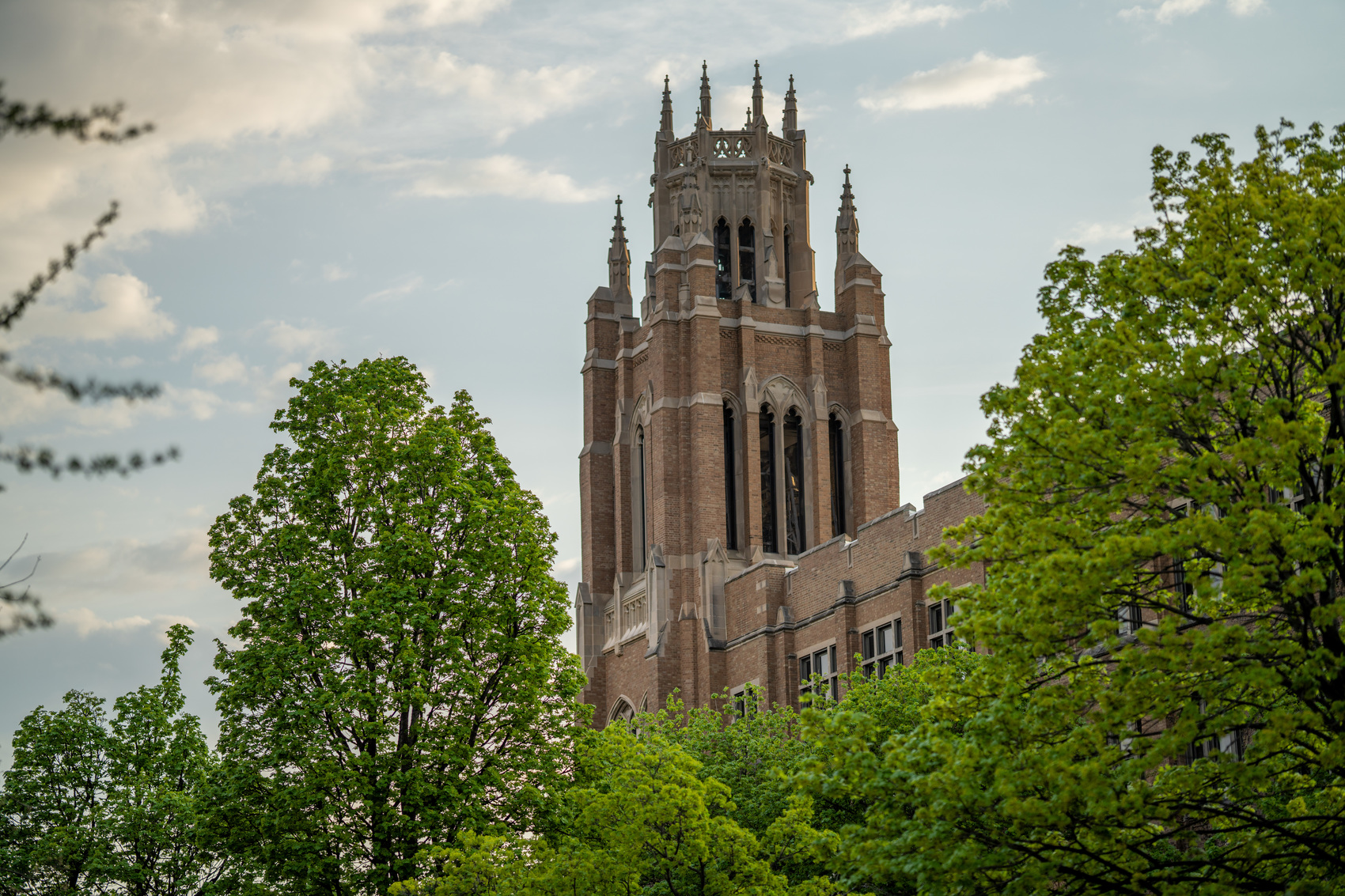 Marquette University’s Office of Research and Sponsored Programs has announced the following grants awarded to university faculty and staff in March 2022.
Marquette University’s Office of Research and Sponsored Programs has announced the following grants awarded to university faculty and staff in March 2022.
- Marquette biomedical sciences professor receives $1.6 million U-RISE grant from National Institutes of Health (Dr. SuJean Choi)
- Marquette engineering professor awarded $2.5 million Department of Energy grant (Dr. Adam Dempsey)
- Marquette speech pathology professor awarded $1.1 million grant to investigate treatments for childhood apraxia of speech (Dr. Jenya Iuzzini-Seigel)
Adolescents’ Perspectives on Harm, Justice, and Discipline in Their Schools — Building a Youth-Focused Understanding of the Developmental Influence of Restorative Justice
$45,668 – Spencer Foundation
- Gabriel Velez, assistant professor of educational policy and leadership in the College of Education.
- Abstract: This project uses a participatory approach to study young people’s perspectives on restorative and punitive approaches to addressing harm in schools. The study applies developmental theory to address, 1) how do Black and Latino/a adolescents evaluate and make sense of restorative and non-restorative responses to harm in their schools, and 2) how do experiences of school-based restorative justice influence their identity development? The study will support practitioners, educators, and administrators by improving understandings of limits and developmental impacts of student engagement in restorative practices.
Rockefeller Fellowship — Racialized Disablement and Reparative Justice
$80,000 – Princeton University
- Desiree Valentine, assistant professor of philosophy in the Klingler College of Arts and Sciences.
- Abstract: The goal of this project is to show how the conceptual apparatus of political ontology can motivate calls for reparative justice in the context of racialized disablement. The recipient will produce two article manuscripts: The first focuses on the conceptual interventions she is introducing, outlining the theoretical import of the framework of political ontology, the concept of racialized disablement, and structural reparative justice frameworks. The second will be application-based and attend specifically to calls for reparations emerging from the recognition of longstanding racial inequities in health care access, treatment and prognosis.
Local Governments’ Use of ARPA Funds on Policing, Violence Prevention, and Criminal Justice Reform
$70,299 – Joyce Foundation
- Philip Rocco, associate professor of political science in the Klingler College of Arts and Sciences.
- Abstract: Over the next two years, this project will investigate how 26 cities make investments in community-violence interventions, drawing on a combination of quantitative analyses of city budgets and interviews with key officials and stakeholders from communities directly impacted by violence to understand residents’ needs and the expectations concerning the use of federal aid for these matters. These analyses will inform policy recommendations and lessons on how future federal aid can be deployed at the local level to address issues of gun violence prevention, justice reform and racial equity.
First Book Grant for Scholars of Color
$40,000 – Louisville Institute
- Sergio Gonzalez, assistant professor of Latinx studies in the Klingler College of Arts and Sciences.
- Abstract: This award will allow the researcher resources to work on a manuscript, “Strangers No Longer: Latino Belonging and Faith in 20th Century Wisconsin.” The book explores the relationship between religiosity, migration, the ethic of hospitality, and movements for social and economic justice in the 20th century Midwest. It reveals how Latinos of diverse national and class backgrounds grappled with the varied reception they received in their new Midwestern homes and turned to their faith and religious institutions to fashion new identities, combat discrimination, and fight for economic rights.
Robert A. Kingdon Fellowship: The Temple of the Belly: Gluttony’s Tale
$60,000 – Institute for Research in the Humanities
- Jeanne-Nicole Mellon Saint-Laurent, associate professor of theology in the Klingler College of Arts and Sciences.
- Abstract: This fellowship will allow the researcher to complete a book on gluttony in Early Christianity, “The Temple of the Greedy Belly: Gluttony’s Tale.” It presents the story of a vice: its conception, its birth, its coming of age, and its impact on the lives of late ancient Christians. Scholars have studied the formation of early Christian culture through analyzing food practices: sacred meals, penitential fasts, feeding the hungry, nursing children and asceticism.
CRII: CIF: Deep Implicit Neural Representations for Inverse Problems in Computational Imaging
$ 291,587 – National Science Foundation
- Gregory Ongie, assistant professor of mathematical and statistical sciences Klingler College of Arts and Sciences.
- Abstract: This project aims to develop novel theory and algorithms for solving challenging, large-scale inverse problems in computational imaging using coordinate-based neural networks. It will advance the explainability and generalizability of machine learning as used in computational imaging by studying performance guarantees and fundamental limits of recovery of “coordinate-based” neural networks for common inverse problems. This project will also investigate novel, principled strategies to accelerate training of CBNNs for large-scale inverse problems.



